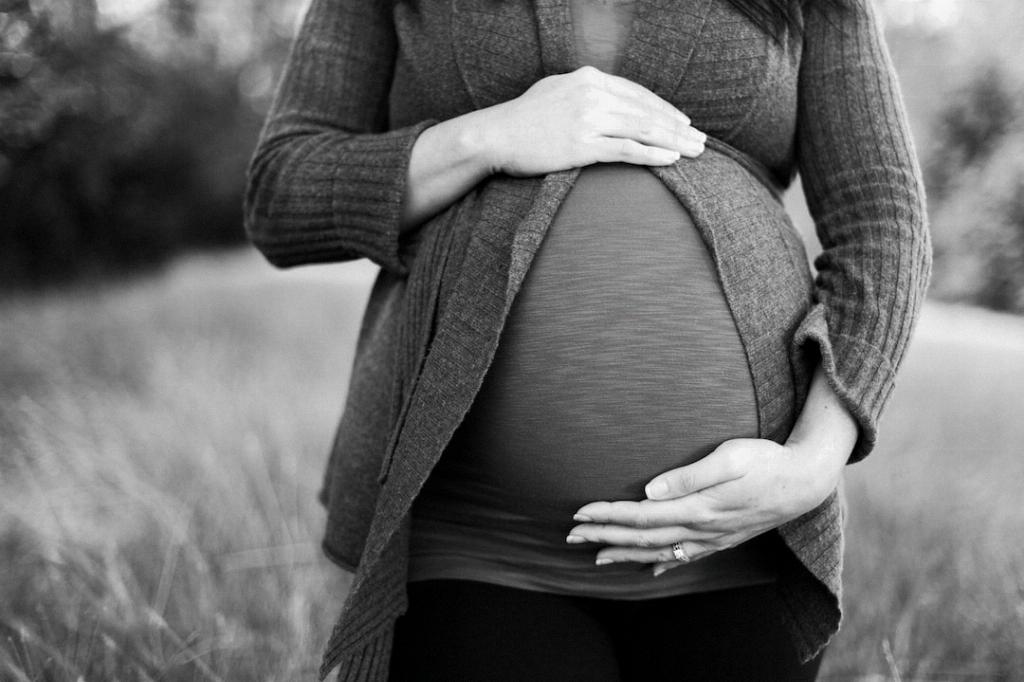Experiencing changes in bowel movements during pregnancy is a common occurrence that can be attributed to various factors. One potential reason why you may find yourself needing to poop after every meal is the hormonal changes that take place in your body. These changes, particularly a rise in prostaglandin levels, can have an impact on your digestive system.
Prostaglandins, which include hormones like oxytocin, play a crucial role in stimulating contractions in the uterus. However, they can also affect the movement of muscles in the digestive tract. If prostaglandin levels are elevated, it can lead to increased motility in the bowels, causing stool to pass through more quickly and potentially resulting in diarrhea.
In addition to hormonal fluctuations, dietary factors can also play a role in your bowel habits during pregnancy. A diet that is rich in fiber can help regulate bowel movements and promote healthy digestion. On the other hand, consuming certain foods that are known to have a laxative effect, such as prunes or other dried fruits, may increase the likelihood of experiencing more frequent bowel movements.
Furthermore, the growing uterus and developing fetus can exert pressure on the intestines, leading to changes in bowel habits. As your pregnancy progresses, the expanding uterus can compress the digestive organs, potentially causing constipation, diarrhea, or other changes in bowel movements, including the need to poop after meals.
Moreover, prenatal vitamins and supplements, which are essential for supporting the health of both you and your baby, can sometimes have side effects that impact your digestive system. Certain nutrients or ingredients in these supplements may contribute to looser stools or increased bowel movements, leading to the sensation of needing to poop after eating.
Stress and anxiety are known to influence gut function and can trigger changes in bowel habits. The physical and emotional stresses that often accompany pregnancy can disrupt the balance of bacteria in the gut, leading to symptoms like diarrhea. If you find yourself feeling particularly anxious or stressed during this time, it could contribute to why you are pooping more frequently after meals.
It’s important to stay hydrated during pregnancy, as adequate water intake is essential for supporting healthy digestion. Dehydration can lead to constipation, while proper hydration helps keep stools soft and facilitates bowel movements. If you are not drinking enough water, it could contribute to changes in your bowel habits, including the need to poop after eating.
Additionally, certain medical conditions, such as irritable bowel syndrome (IBS) or other gastrointestinal issues, may become more pronounced during pregnancy due to the changes happening in your body. These conditions can cause symptoms like diarrhea, bloating, and abdominal discomfort, which could explain why you are experiencing more frequent bowel movements after meals.
Physical activity and exercise are vital components of a healthy pregnancy, but intense or strenuous workouts can sometimes have an impact on bowel function. Engaging in vigorous physical activity after a meal may stimulate the bowels and increase the urgency to poop. If you have been more active during pregnancy, it could be a contributing factor to your increased bowel movements.
Consulting with your healthcare provider can offer insights into why you may be pooping after every meal during pregnancy. Your doctor can help identify any underlying issues or potential causes for your symptoms and provide guidance on how to manage changes in bowel habits effectively. Keeping open communication with your healthcare team is crucial for addressing any concerns or discomfort you may be experiencing.
In conclusion, experiencing the need to poop after every meal during pregnancy can be influenced by a myriad of factors, including hormonal changes, dietary choices, physical changes in the body, supplements, stress levels, hydration, underlying medical conditions, and physical activity. By understanding the potential reasons behind these changes in bowel habits, you can take proactive steps to promote healthy digestion and overall well-being throughout your pregnancy journey.

